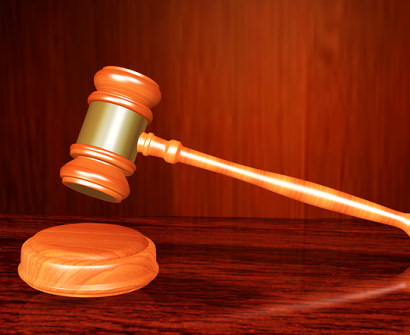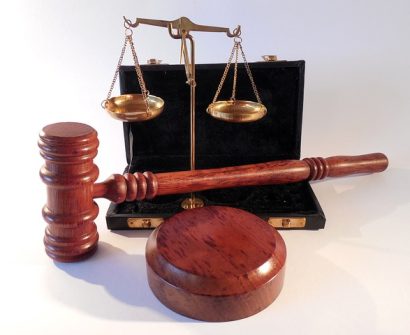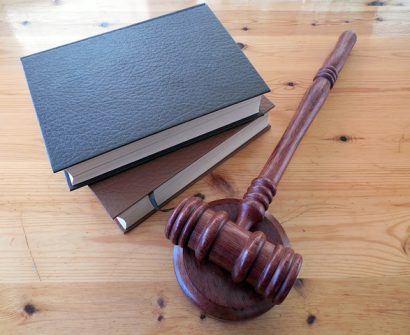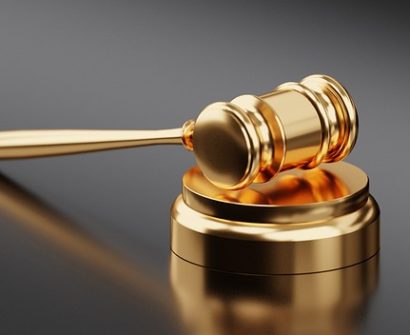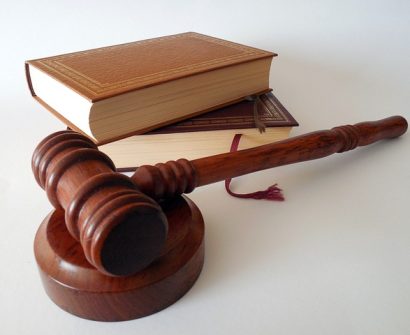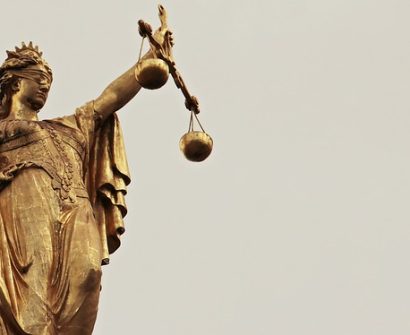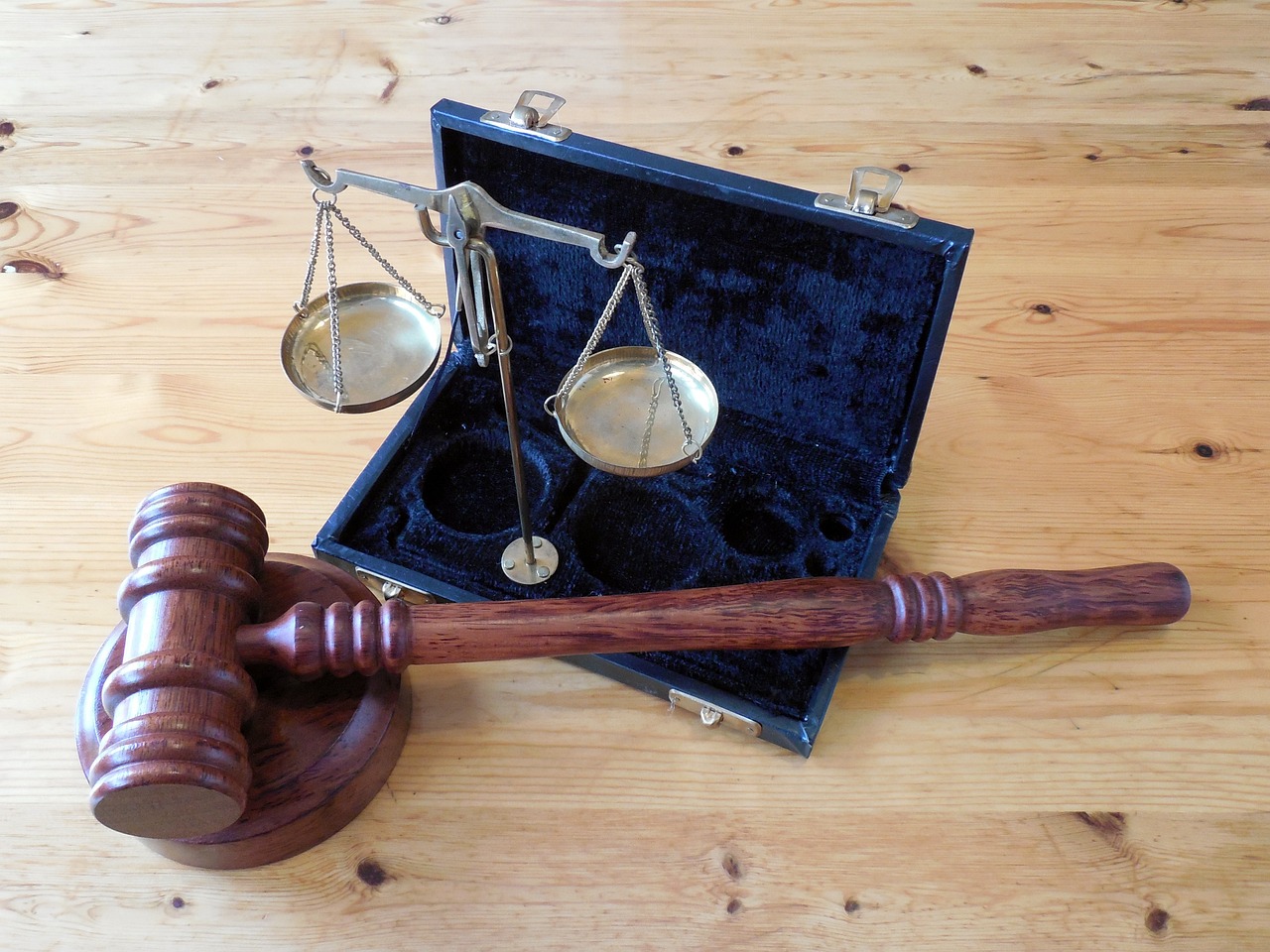
The Indian Constitution’s Part XIX (Miscellaneous) contains Article 365. Article 365’s provisions are frequently disregarded. However, it emphasizes the significance of the constitutional apparatus and plays a critical role in center-state coordination and cooperation. A state that disobeys the union government’s directives is subject to the President’s rule under Article 365 of the Constitution.
what is article 365 of the Indian Constitution?
article 365 of indian constitution is related to the implementation of the president’s rule if any state disregards all directives from the Union regarding matters over which it has authority.
The provisions of article 356 of indian constitution are expanded upon in Article 365 of the Constitution. The President may enact emergency measures in two circumstances:
- Article 352 of the Constitution allows the President to declare a nationwide emergency that affects the entire country of India.
- The President may declare a state of emergency pursuant to Article 356 in the event that any state violates Article 365.
article 365 president rule
Among this Article’s key features are:
- It confers the authority to rule over states in the center.
- It is essential to center-state collaboration.
- States that disobey the union government’s directives are subject to the President’s rule. Since each state receives instructions from the federal government, this clause also applies to states with a certain amount of autonomy.
- The authority bestowed by Article 365 is not unqualified, and it must be used with caution and diligence.
- The Indian Constitution’s Article 365 is by its very nature discretionary.
article 365 of indian constitution: Consequences
The President may impose the President’s rule if a State Government refuses to comply with Union Government directives. The following describes the consequences of a president’s rule:
- The suspension of a state’s government can mean that decisions and policies are not made, and that new laws are not put into effect.
- The elected government is essentially replaced by the governor of the state, who takes on the duties and responsibilities of the state government.
- The Union Government may suspend or dissolve the State Assembly and use the Governor to assume control of the State’s governance.
- The State’s civil and criminal courts are still in operation, but the Union Government maintains oversight and control over them.
- The Union Government oversees and controls the State’s financial resources, and the Governor has the authority to appropriate funds from the State’s Consolidated Fund.
- The implementation of the President’s Rule may have long-term consequences for the governance and advancement of the State, including political instability and the disintegration of the State’s constitutional apparatus.
article 365 of indian constitution: Case Rulings
- In the case of Andhra Pradesh government, the Andhra Pradesh government’s dismantling of the constitutional machinery prompted the Andhra Pradesh High Court to exercise suo moto jurisdiction and launch an investigation. The Governor believed that the President’s rule should be put into effect and that the government should be overthrown. When the case made it to the Indian Supreme Court, it was noted that the Andhra Pradesh High Court had made an arbitrary and overreaching case.
The High Court’s order was stayed by the Apex Court, which declared that it violated the Basic Structure of the Indian Constitution and was an abuse of the authority bestowed by the Constitution.
- In the case of S.R. Bommai v Union of India, in order to prevent such arbitrary use of the authority granted by Article 356 of the Indian Constitution, the Supreme Court declared the dismissal to be invalid and thereby established some reasonable restrictions. The instructions were as follows:
- The Council of Ministers’ majority needs to be put to the test in the House.
- Before enforcing the President’s rule in the state, the center must issue a warning to the state and allow it a week to respond.
- Unless it is most convenient, the President may not dissolve the Assembly in such a state or act pursuant to Article 356(3).
- Article 356 may only be triggered in the event that the constitutional machinery breaks down, as specified by Article 365.
- This implementation must be carried out sensibly, taking into account all relevant variables.
The President’s authority is delineated in Article 365 in the event that the State Government disregards directives from the Center. Any federal government can only exist through cooperation between the center and the state, so both must act in this way.
First and foremost, the State is bound by the laws enacted by Parliament as well as the provisions of the Constitution. Second, the Central Government’s directives are mandatory for the state government to follow. Article 365 is only triggered in cases where the state fails to adhere to these directives.
For any latest news, legal topics, judiciary exams notifications, patterns, etc watch Jyoti Judiciary’s YouTube channel for legal videos for any updates at https://youtube.com/@jyotijudiciarycoaching4852?si=2cwubh9d2A9urwJf


